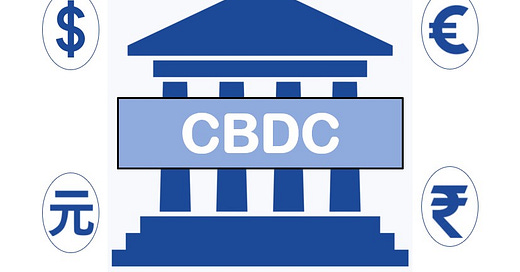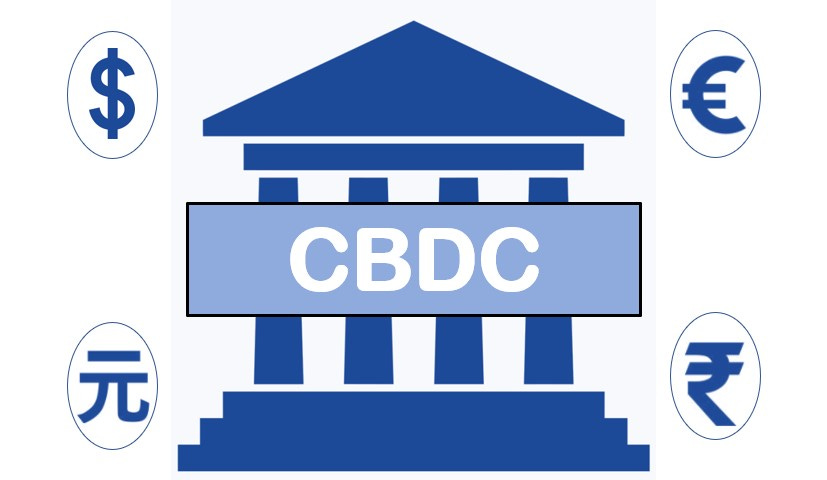Dear Readers,
The advent of Bitcoin was revolutionary for two primary reasons. Firstly, Bitcoin represents a medium of exchange, unit of account, and store of value that is completely outside the control of any one entity and is, consequently, open and accessible to all. Secondly, Bitcoin is built on a technology, blockchain, that has completely changed the way that humanity goes about storing and transferring information and value. As a result of those unique properties, Bitcoin has spawned an army of copycat cryptocurrencies, and has launched a multi-trillion dollar industry around itself.
There are plenty of Bitcoin critics in the world these days, but they’re typically much less antagonistic towards blockchain technology, and society as a whole seems rather open to accepting it. In fact, to a large degree, blockchain technology has found favor with many of the companies and governments that it was built to replace. Companies around the world are studying blockchain in the context of supply chain management, protection of personal information, provision of social services, and much more. And governments are experimenting with blockchain technology in an attempt to improve the functionality of their national currencies, which is leading to a new form for their old money: Central Bank Digital Currencies (CBDCs).













